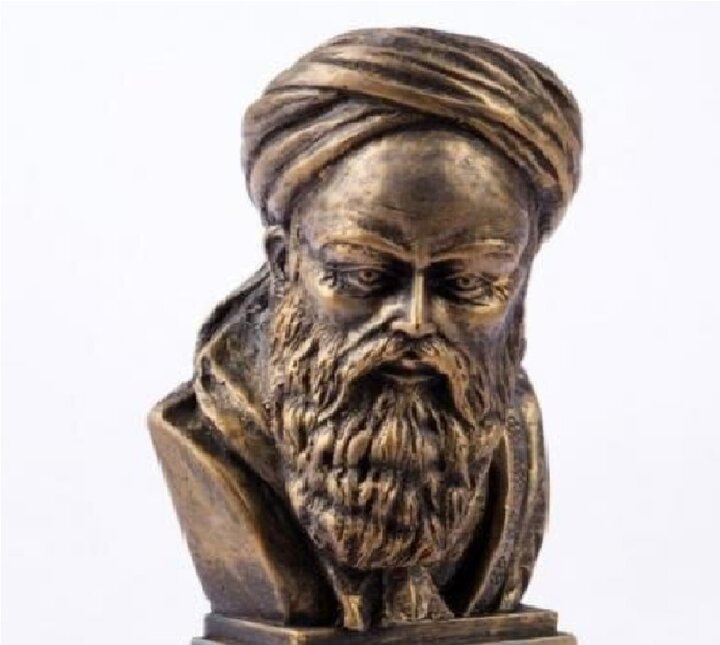Iran marks Pharmaceutical Day honoring legacy of Razi
Published: August 27, 2025

Iranians mark Pharmaceutical Day to commemorate Muhammad ibn Zakariya al-Razi, whose groundbreaking work in evidence-based medicine, psychology, and chemistry left an indelible mark on medical science worldwide.
Centuries before the Renaissance, a compassionate physician in Persia championed evidence-based practice, discovered fundamental chemical compounds, and penned over 200 manuscripts that would shape Western medicine.
On Pharmaceutical Day, Iran and the scientific world remember the enduring legacy of Muhammad ibn Zakariya al-Razi.
In Iran, August 27 is observed as Pharmaceutical Day in commemoration of Muhammad ibn Zakariya al-Razi, the 9th-century Persian polymath, known in the West as Rhazes.
A Persian Muslim polymath, physician, alchemist, and philosopher born near Tehran, Razi made enduring contributions to medicine, philosophy, and chemistry, authoring over 200 manuscripts.
He championed evidence-based medicine and is considered the father of psychology, psychotherapy, pediatrics, obstetrics, and ophthalmology.
Razi served as chief physician of Baghdad and Ray hospitals, renowned for his compassion and dedication to patients, and attracted students from diverse backgrounds.
He integrated Greek medical knowledge with his own observations, viewing himself as a modern Hippocrates.
Razi pioneered the differentiation of contagious diseases using humoral theory and wrote groundbreaking works on smallpox and measles. He also discovered compounds like alcohol and sulfuric acid.
His encyclopedia, “The Virtuous Life (al-Hawi),” and other works like “Kitab al-Mansuri” and “Al-Judari wal Hasabah” profoundly impacted Western medical education.
Razi’s detailed descriptions of chemical reactions and instruments are found in “Kitab-al-Asrar.” Although his philosophical writings were initially overlooked, his medical and scientific advancements significantly influenced the development of these fields.
About 40 of his manuscripts are preserved in libraries worldwide. Razi’s holistic approach to medicine, emphasizing both physical and psychological well-being, cemented his status as a visionary figure.
His emphasis on meticulous observation, experimentation, and clinical documentation laid the groundwork for future generations of physicians and scientists.
Beyond his direct medical contributions, Razi’s writings fostered intellectual exchange between Eastern and Western scholars, contributing to the advancement of scientific knowledge across cultures.
His legacy continues to inspire medical professionals and researchers to embrace innovation and prioritize patient care above all else.
The annual observance of Pharmaceutical Day in Iran serves as a reminder of Razi’s profound and lasting impact on the world of medicine and science.
Today, the legacy of Muhammad ibn Zakariya al-Razi extends far beyond historical recognition.
It lives on in the very ethos of modern healthcare: in the relentless pursuit of evidence, the holistic care of the patient, and the courageous spirit of scientific inquiry.
As new generations of doctors, chemists, and researchers stand on the shoulders of this Persian giant, his story serves as a powerful testament to the universal and collaborative nature of knowledge.
The annual observance of Pharmaceutical Day is more than a tribute to a great mind of the past; it is a timeless reminder that innovation, compassion, and rigorous observation are the enduring pillars upon which human progress is built. /MNA/
